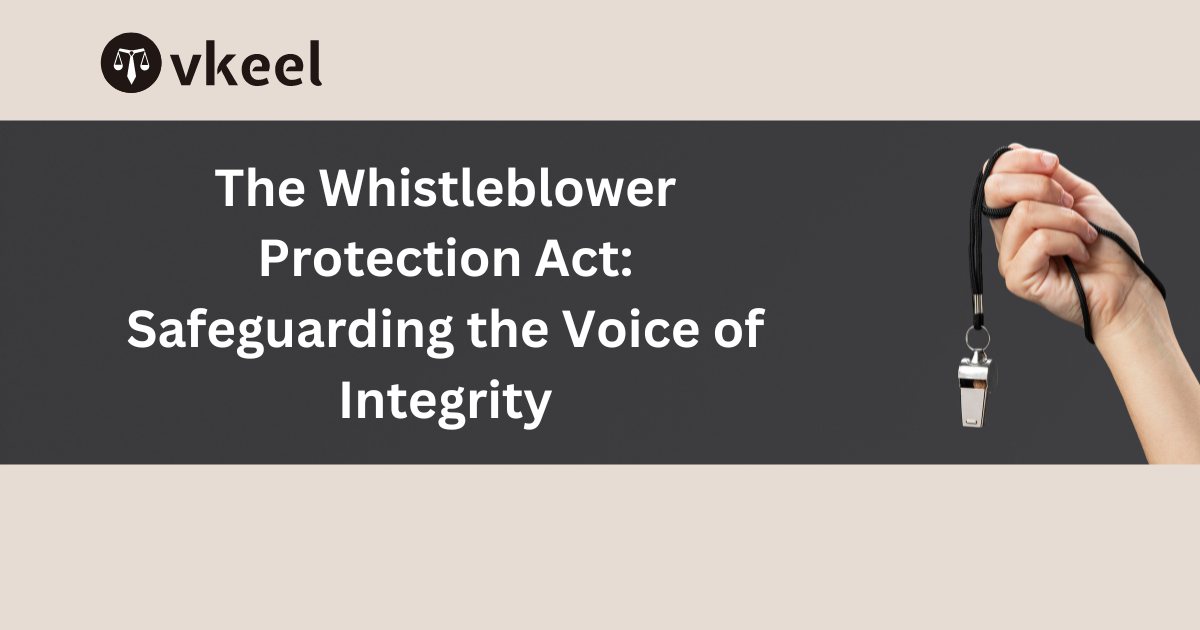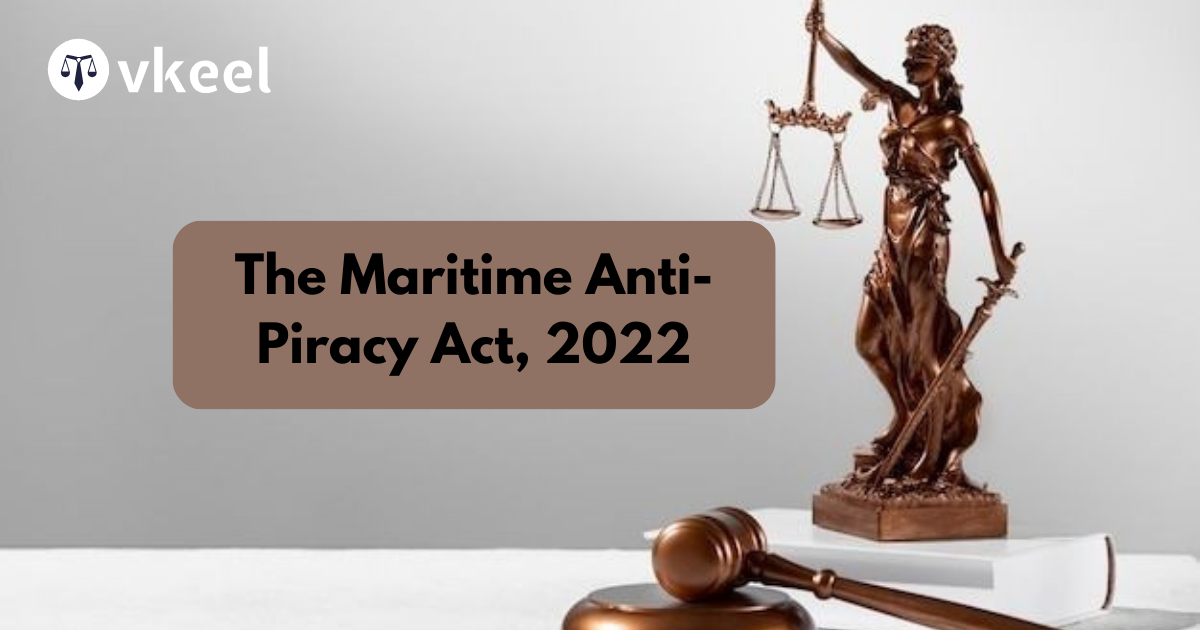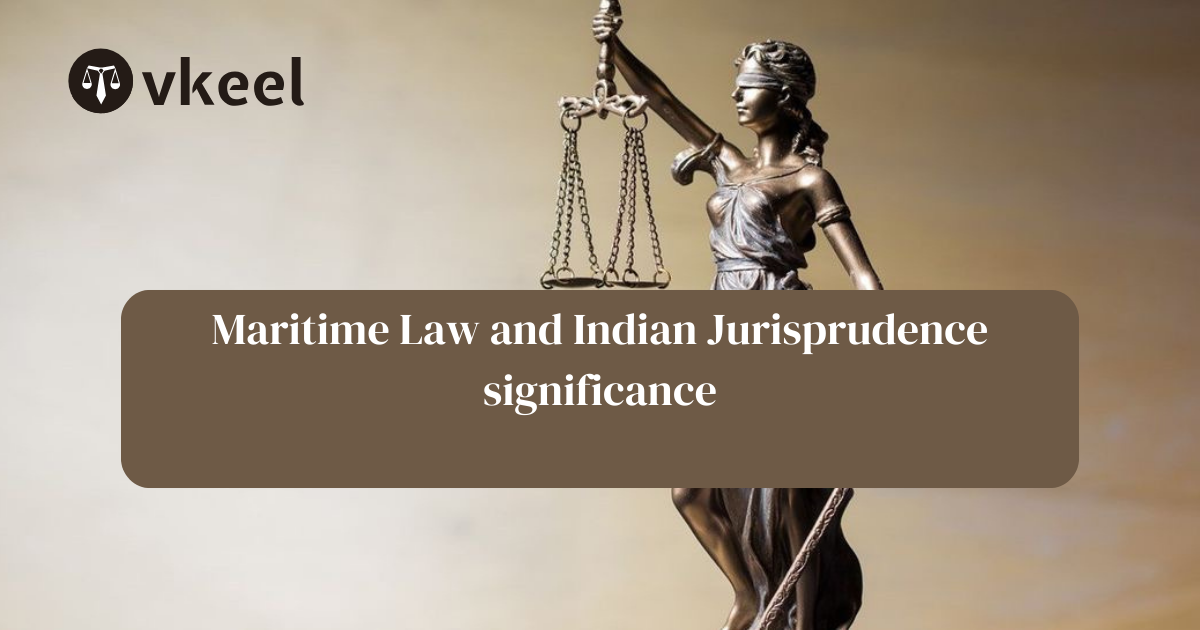The Whistleblower Protection Act: Safeguarding the Voice of Integrity
By Himanshu Kumar
Table of Contents
Introduction
Whistleblowers play a critical role in maintaining the integrity and transparency of organizations, both in the public and private sectors. They expose illegal, unethical, or unsafe practices that might otherwise go unnoticed, thus protecting the interests of the public. However, whistleblowers often face significant retaliation, including job termination, harassment, and legal actions. The Whistleblower Protection Act (WPA) was enacted to safeguard these individuals and encourage the reporting of wrongdoing.
In Indian law, a whistleblower is typically defined as an individual who exposes information or activity that is deemed illegal, unethical, or not correct within an organization. The primary legislation that deals with whistleblower protection in India is the Whistle Blowers Protection Act, 2014.
The Whistle Blowers Protection Act, 2014 (WBP Act) was enacted to establish a mechanism to receive complaints related to the disclosure of any allegation of corruption, willful misuse of power, or willful misuse of discretion against any public servant. The Act aims to provide adequate safeguards against victimization of the person making such complaints.
Historical Context and Purpose
The WPA was first enacted in 1989 in the United States to protect federal employees who disclose evidence of illegal or improper government activities. The Act aimed to ensure that whistleblowers could report misconduct without fear of retribution, thus promoting ethical behavior within federal agencies. The need for such legislation arose from numerous cases where employees faced severe retaliation after exposing corruption or other malpractices.
Key Provisions of the Whistleblower Protection Act
- Scope of Protection: The WPA covers disclosures that a federal employee reasonably believes evidence a violation of any law, rule, or regulation, gross mismanagement, gross waste of funds, abuse of authority, or substantial and specific danger to public health or safety.
- Prohibited Personnel Practices: The Act explicitly prohibits federal agencies from taking or threatening to take personnel actions against employees for disclosing such information.
- Office of Special Counsel (OSC): The OSC is an independent federal investigative and prosecutorial agency created to protect federal employees from prohibited personnel practices, including whistleblower retaliation.
- Merit Systems Protection Board (MSPB): Employees can appeal to the MSPB if they believe they have been subjected to retaliation. The MSPB conducts hearings and makes determinations on such claims.
Amendments to the Whistleblower Protection Act
Over the years, several amendments have been made to strengthen the protections offered by the WPA:
- Whistleblower Protection Enhancement Act (WPEA) of 2012: This amendment broadened the scope of protected disclosures, clarified that disclosures do not lose protection because of the employee’s motive, and ensured that employees are protected even if the disclosure was made as part of their job duties. It also allowed whistleblowers to challenge retaliatory security clearance decisions.
- National Defense Authorization Act (NDAA) for Fiscal Year 2013: This Act extended whistleblower protections to employees of federal contractors, subcontractors, and grantees, ensuring that individuals in these roles are also safeguarded against retaliation.
- Follow the Rules Act (2017): This amendment clarified that whistleblowers are protected when they refuse to obey an order that would require them to violate a law, further ensuring that employees are not coerced into illegal activities.
Significant Case Laws
Several landmark cases have shaped the interpretation and implementation of the WPA:
- Devine v. Pastore (1987): Although predating the WPA, this case was instrumental in highlighting the need for robust whistleblower protections. The court ruled in favor of a whistleblower who had faced retaliation, emphasizing the necessity for legal safeguards.
- Herman v. Department of Justice (1999): This case clarified the standard for proving retaliation under the WPA. The court held that a whistleblower must demonstrate that their protected disclosure was a contributing factor in the adverse personnel action, a relatively low burden of proof intended to encourage reporting.
- Boe v. Department of Air Force (2000): This case underscored the importance of protecting disclosures even when they are made to the wrong agency, as long as the whistleblower reasonably believes the information evidences wrongdoing.
- Whitmore v. Department of Labor (2012): The Federal Circuit ruled that whistleblowers are entitled to present evidence of retaliation even if their performance was deemed unsatisfactory, preventing agencies from using performance issues as a pretext for retaliation.
Challenges and Criticisms
Despite its strengths, the WPA has faced several challenges and criticisms:
- Limited Scope: Initially, the WPA only covered federal employees, leaving private sector whistleblowers and those working for federal contractors without protection. Subsequent amendments have addressed this to some extent, but gaps remain.
- Burden of Proof: While the WPA lowered the burden of proof for whistleblowers, proving retaliation can still be challenging. Whistleblowers must navigate complex legal and administrative processes, often without adequate support.
- Retaliation in Practice: Despite legal protections, whistleblowers frequently report facing subtle forms of retaliation, such as ostracism, negative performance reviews, and limited career advancement opportunities. These forms of retaliation are harder to prove and combat.
- Resource Limitations: The OSC and MSPB often face resource constraints, leading to delays in investigations and adjudications. This can discourage whistleblowers from coming forward or leave them unprotected for extended periods.
Impact and Future Directions
The WPA has undeniably contributed to fostering a culture of accountability and transparency within the federal government. By protecting whistleblowers, the Act encourages the disclosure of wrongdoing, thereby promoting ethical behavior and reducing corruption.
However, further improvements are necessary to enhance its effectiveness:
- Expanded Coverage: Extending whistleblower protections to all sectors, including state and local government employees, would provide comprehensive safeguards and encourage ethical conduct across the board.
- Strengthening Protections: Introducing more stringent penalties for retaliation and providing stronger support mechanisms for whistleblowers, such as legal aid and counseling, would enhance the WPA’s effectiveness.
- Raising Awareness: Increased awareness and training about whistleblower protections and rights are crucial. Many employees are unaware of their protections under the WPA, which limits its utility.
- Streamlining Processes: Simplifying the procedures for reporting and adjudicating retaliation claims would make it easier for whistleblowers to come forward and receive timely protection.
International Perspectives
The importance of protecting whistleblowers is recognized globally, and many countries have enacted their own whistleblower protection laws. For instance, the Public Interest Disclosure Act in the United Kingdom and the Whistleblower Protection Act in Australia offer similar protections to those provided by the WPA.
The European Union has also made significant strides with the EU Whistleblower Directive, which requires member states to establish comprehensive whistleblower protection frameworks. These international efforts underscore the global recognition of the importance of safeguarding whistleblowers to promote transparency and accountability.
Conclusion
The Whistleblower Protection Act represents a fundamental pillar in the fight against corruption and unethical practices within the federal government. By protecting those who dare to speak out against wrongdoing, the Act not only safeguards individual rights but also upholds the principles of integrity and transparency essential for the functioning of democratic institutions.
While significant progress has been made since the Act’s inception, ongoing efforts to strengthen and expand its protections are necessary. By continuing to refine the WPA and addressing its shortcomings, society can ensure that whistleblowers remain a powerful force for good, capable of exposing misconduct and promoting a culture of accountability.
Disclaimer:
The information provided in the article is for general informational purposes only, and is not intended to constitute legal advice or to be relied upon as a substitute for legal advice. Furthermore, any information contained in the article is not guaranteed to be current, complete or accurate. If you require legal advice or representation, you should contact an attorney or law firm directly. We are not responsible for any damages resulting from any reliance on the content of this website.










